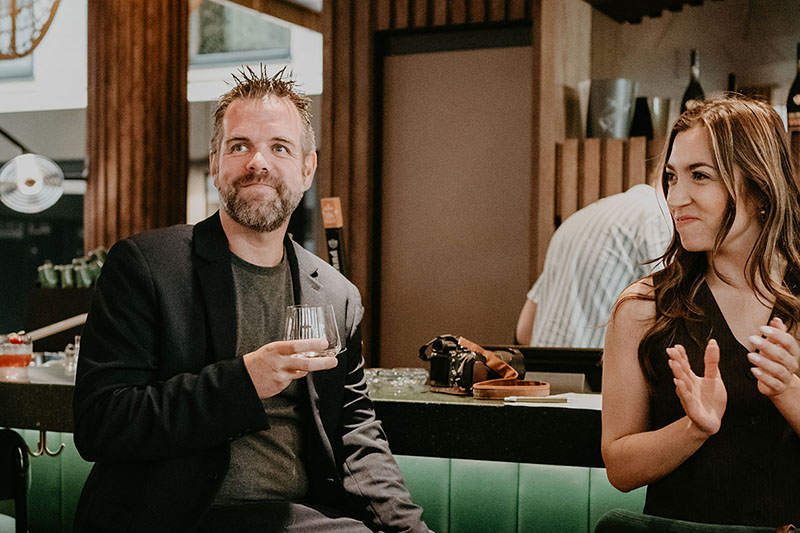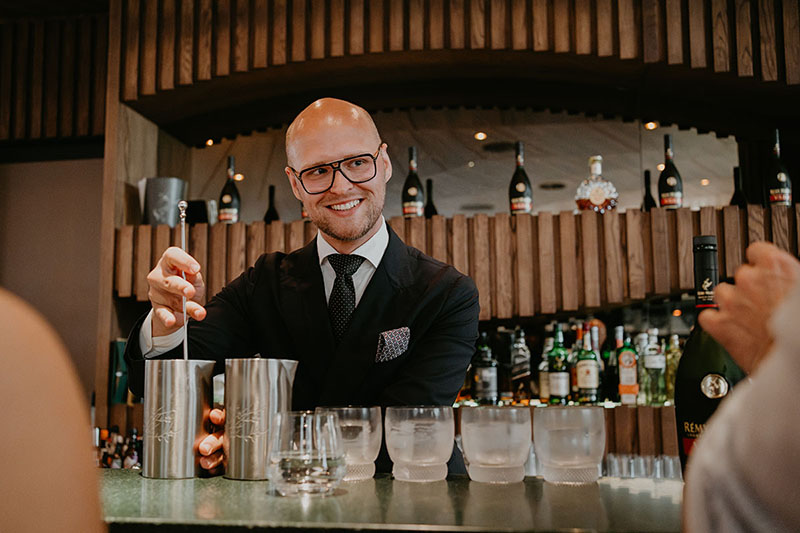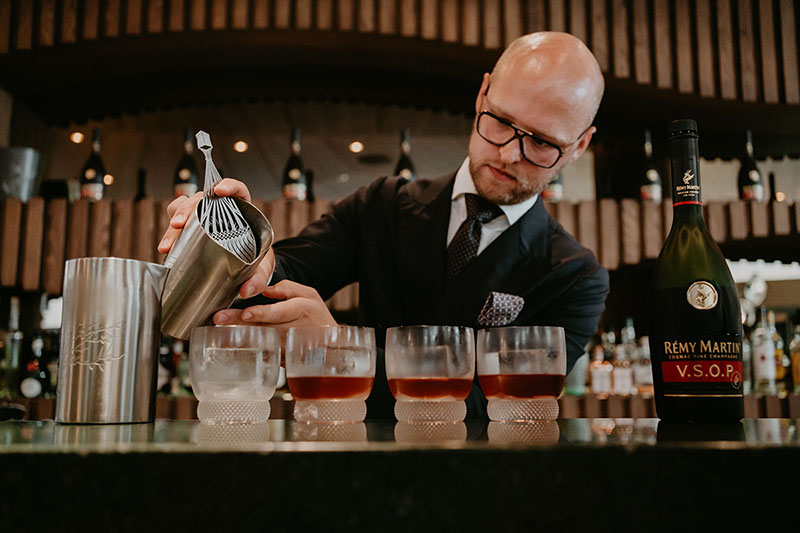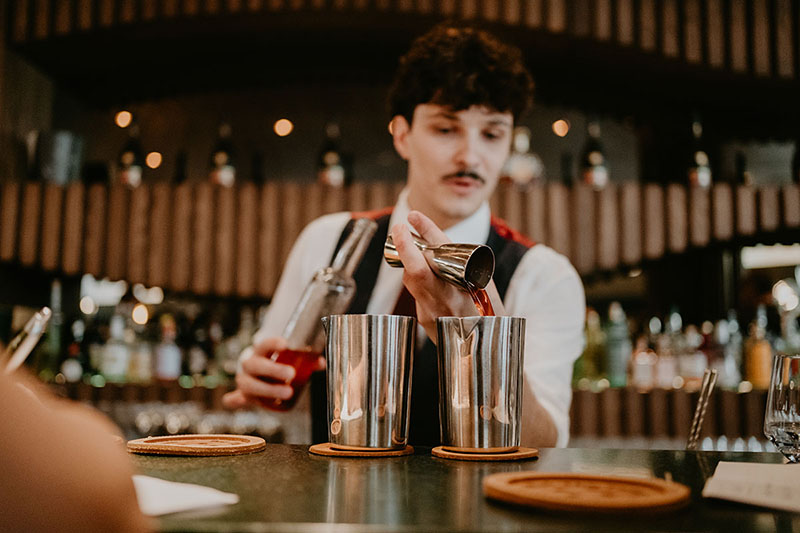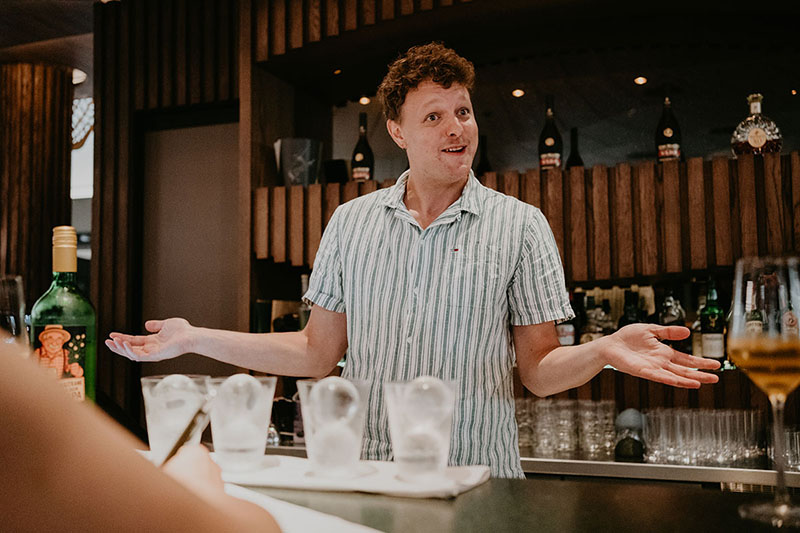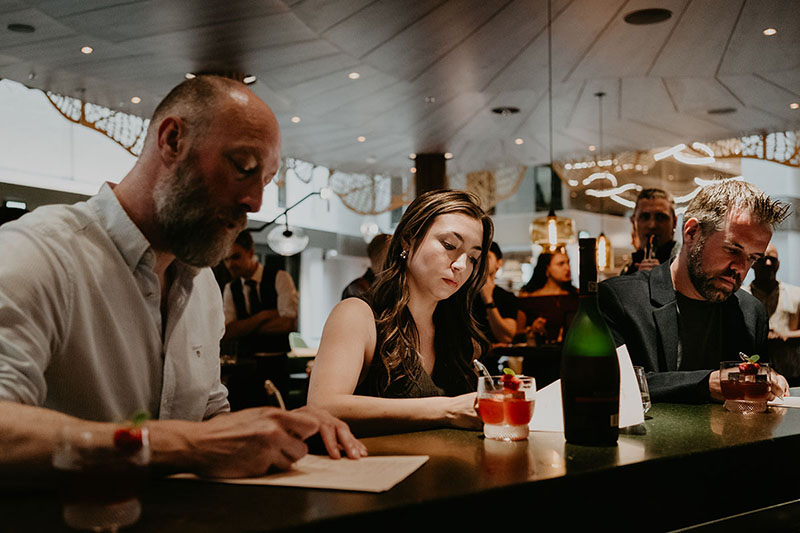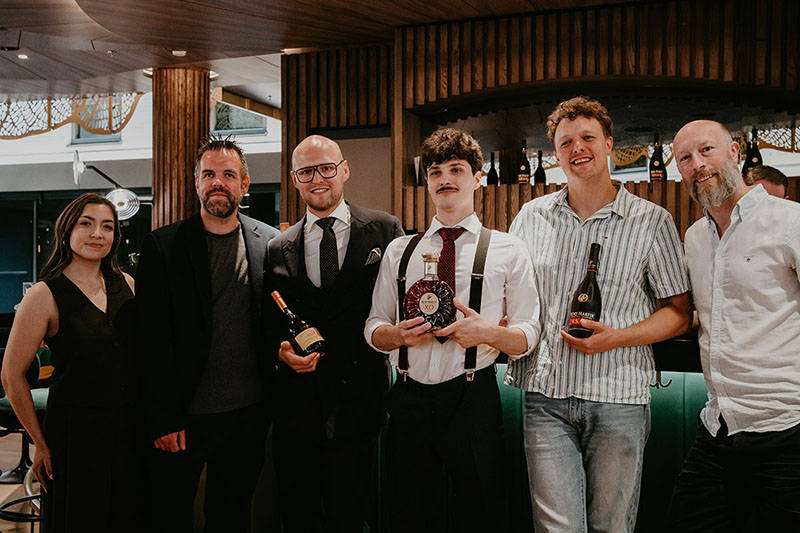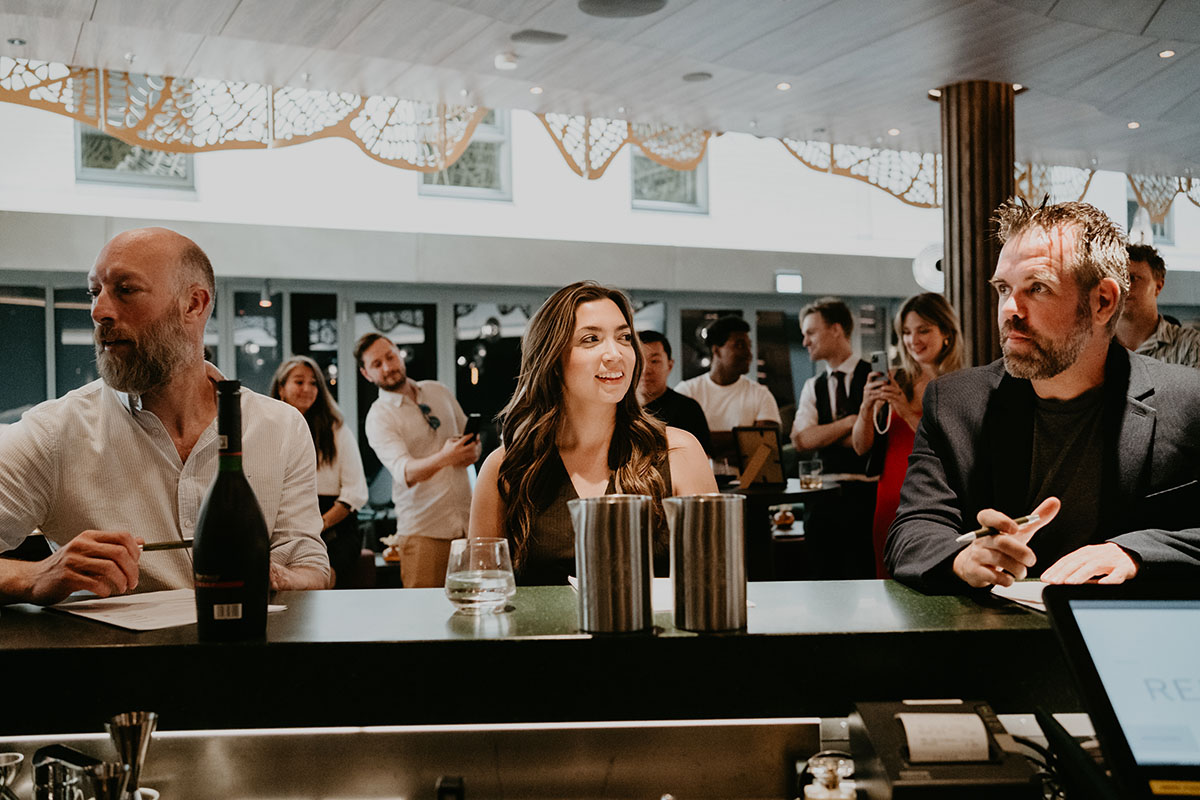I had the pleasure of once again serving as a judge for an international cocktail competition. First up was the Dutch final of the Rémy Martin Bartender Talent Academy 2025, organized by Rémy Cointreau. For this round, we visited the finalists in their own bars across Maastricht, Rotterdam, and Amsterdam. Three weeks later, the BENELUX final of the same competition brought us back to Amsterdam.
This marked the 37th time I’ve been professionally involved in a spirits or cocktail competition. And still, it never stops being interesting.
After the final, a young bartender approached me with a simple yet thoughtful question:
“How do you actually judge a cocktail in a competition?”
The short answer? Every competition is different. Some focus on simplicity, others on innovation. But one thing is always crucial: taste.
And that’s exactly where things can get tricky for judges. Tasting a cocktail professionally isn’t about personal preference. As a judge, you need to completely set aside your own palate. Don’t like smoky flavors? Or love them? Too bad. You can’t let that influence your score.
To keep my assessments as objective as possible, I use a flavor model — for example, the BICA model:
🔹 Balance – Are the sour, sweet, bitter and other elements in harmony?
🔹 Intensity – Is the flavor bold and clear, or does it fall flat?
🔹 Complexity – Are there layers to discover, or is it one-note — or even chaotic?
🔹 Aftertaste – Does the flavor linger? And more importantly: do you want another sip?
In competitions where a winner must be chosen, applying such models isn’t always a matter of strict objectivity. What if a cocktail has a long finish, but it’s unpleasant? Or if it’s technically complex, but the flavors don’t quite work together?
That’s why the composition of the judging panel is so important: it must include people with the right expertise and the ability to minimize subjective bias. With a well-balanced jury, the impact of individual preferences becomes negligible.
Of course, taste isn’t the only factor. Texture and creativity also play a key role, each with their own challenges. A judge shouldn’t simply decide whether a texture is pleasant — they need to know what a perfectly shaken or stirred texture feels like: airy, or silky-smooth. And to assess innovation properly, a judge must have enough knowledge of the global bartending scene to recognize whether a technique is truly groundbreaking — and not just “new to me.”
And then there’s storytelling — so often underestimated.
A strong story can elevate a cocktail to the next level. It’s also how a bartender shows they understand the brand, embody it, and represent it authentically.
In the end, judging is not about “what do I like?” It’s about technical tasting — a skill in its own right. And anyone who wants to do it well must keep learning, tasting, and listening.
Looking for someone to help guide your next competition?
Let’s get in touch!
